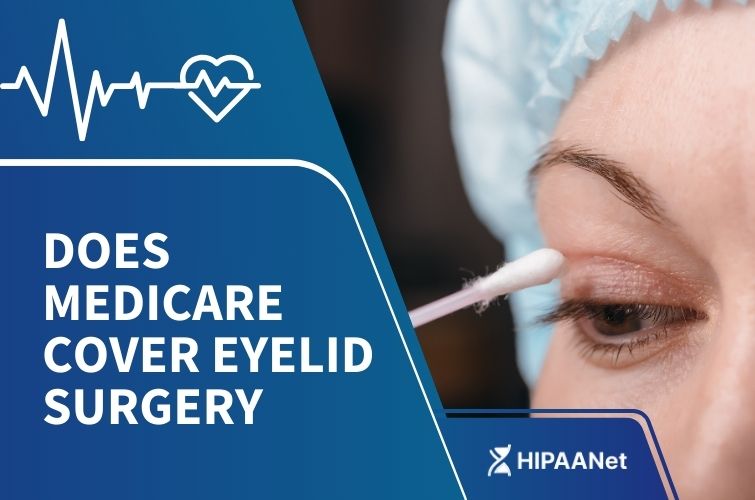Eyelid surgery, medically known as blepharoplasty, is a standard procedure that can be performed for both cosmetic and medical reasons. Many individuals wonder whether Medicare covers eyelid surgery, and the answer depends on the purpose of the procedure.
When Does Medicare Cover Eyelid Surgery?
Medicare may cover eyelid surgery if it is deemed medically necessary, rather than purely cosmetic. Some qualifying medical conditions include:
- Impaired Vision – Medicare may cover the procedure if drooping eyelids (ptosis) significantly obstruct vision.
- Eyelid Functional Issues – Conditions such as entropion (eyelids that turn inward), ectropion (eyelids that turn outward), or chronic irritation may qualify.
- Neurological Disorders – Certain medical conditions that cause eyelid dysfunction, such as Bell’s palsy, may be considered for coverage.
- Excess Skin Affecting Eye Function – If excess skin on the eyelids causes discomfort or vision problems, Medicare may approve coverage.
Medicare Coverage Criteria for Eyelid Surgery
To qualify for Medicare coverage, the following steps are usually required:
- A comprehensive eye exam by an ophthalmologist to document vision impairment.
- A visual field test shows that drooping eyelids obstruct vision.
- Clinical photographs demonstrating the severity of the condition.
- A doctor’s statement confirming that the procedure is medically necessary.
Does Medicare Cover Cosmetic Eyelid Surgery?
If eyelid surgery is performed solely for cosmetic reasons—such as to reduce wrinkles, remove puffiness, or improve appearance—Medicare will not cover the costs. Patients must pay for the procedure out of pocket if it is elective and not medically necessary.
Costs and Medicare Coverage Details
- Medicare Part B typically covers 80% of the approved cost after the deductible is met, with the patient responsible for the remaining 20%.
- Medicare Part A may provide additional coverage if the procedure is performed in a hospital setting.
- Patients with Medicare Advantage (Part C) plans may have different coverage options, including additional benefits beyond Original Medicare.
How to Determine Eligibility
If you believe you may qualify for Medicare-covered eyelid surgery:
- Schedule an appointment with an ophthalmologist or plastic surgeon.
- Request medical documentation to support the necessity of the procedure.
- Check with Medicare or your insurance provider to confirm the specific coverage details.
Conclusion
Medicare may cover eyelid surgery if it is medically necessary and affects vision or eye function. However, cosmetic eyelid surgery is not covered. If you’re considering this procedure, consulting with a healthcare provider and reviewing Medicare guidelines will help determine your eligibility and potential costs.






